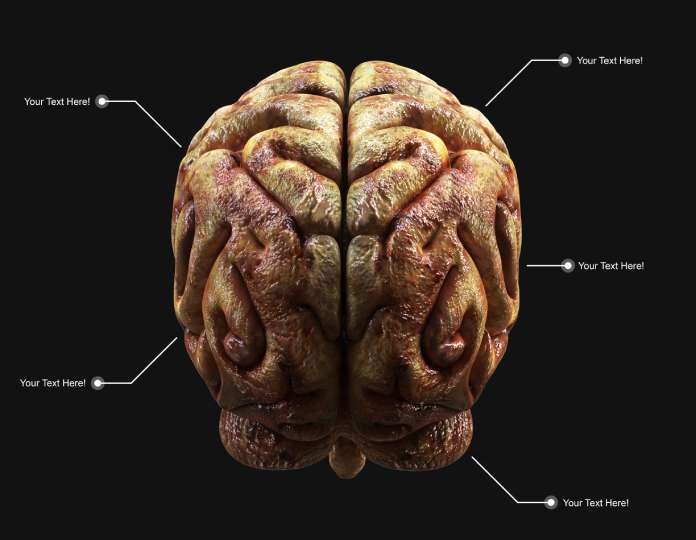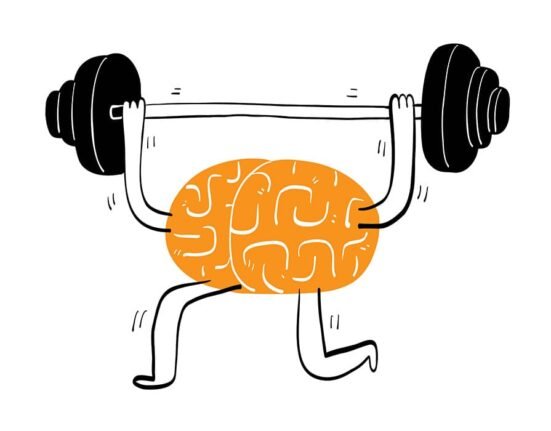Give your stress wings and let it fly away
Terri Guilletmets
According to the definitions available in psychology, stress is a feeling of strain and pressure. It is defined as the mental state we experience when there is a discrepancy between the expected demand and our coping resources.
Optimum amounts of stress might be considered desirable, beneficial and even healthy. It is called Eustress. This positive stress helps improve athletic performance and also plays a factor in motivation, adaptation and reaction to the environment as well as. On the contrary, Negative stress, which is called as Distress is a state of mental tension and worry caused by problems in life, work, etc. and something that causes strong feelings of worry or anxiety, physical force or pressure.
Types of Stress:
1. Acute stress:
It is the most common type of stress. It is the body’s immediate reaction to a new challenge, event or demand and it triggers the fight or flight response.
Severe acute stress such as stress suffered by the victim of a crime or a life-threatening situation can lead to mental health problems like Post Traumatic Stress Disorder or Acute Stress Disorder.
2. Episodic Acute stress:
When acute stress happens frequently, it is called Episodic Acute stress. People who always seem to be having a crisis tend to have episodic acute stress. They are often short-tempered, irritable and anxious. People who are ‘worry warts ‘or pessimistic or tend to see the negative side of everything also tend to have episodic acute stress.
3. Chronic Stress:
If acute stress is not resolved and begins to increase or lasts for a longer period, it may lead to chronic stress. Chronic stress is the response to emotional pressure suffered for a prolonged period of time in which an individual perceives there is little or no control. It involves an endocrine system response in which corticosteroids are released.
Chronic stress can also be caused by aversive experiences in childhood or traumatic experiences later in life. When an individual lives with chronic stress, his or her behavioural actions and emotional reactions become ingrained. There is a change in the hardwiring of the neurobiology of the brain and body thereby making them prone to the hazardous stress effects on the body + mind + cognitive regardless of the scenarios.
Causes of Stress:

The situations & pressures which cause stress are known as stressors. What causes stress depends on the person’s perception of it. Something that is stressful for one person may not faze someone else, they may even enjoy it. Where one person thrives under pressure & performs best in the face of a deadline, another might shut down when work demands escalate.
Common external causes of stress include:
- Major life changes
- Work or school
- Relationship difficulties
- Financial problems
- Being too busy
- Children & family.
Common internal causes of stress include:
- Pessimism
- Inability to accept uncertainty
- Rigid thinking, lack of flexibility
- Negative self-talk
- Unrealistic expectations/perfectionism
- All-nothing attitude
Effects of Stress:
Stress symptoms can affect an individual’s body, thoughts, feelings and behaviour. Some of the common effects of stress are:
We have probably heard all about how bad stress is for our mind & body. What one might not know is that stress can also have a serious impact on our brain. In the face of stress, our brain goes through a series of reactions – some good and some bad – designed to mobilise & protect itself from potential threats.
Let us have a closer look at how stress affects our brain
Chronic stress increases the risk of Mental illness:
Stress might play a role in the development of mental disorders such as Depression & various emotional disorders. Researchers discovered that stress creates more myelin-producing cells, but fewer neurons than normal. It can also have negative effects on the brain’s hippocampus.
Stress changes the brain structure:
The results of experiments by researchers from the University of California, Berkeley revealed that chronic stress can lead to long term changes in the structure & function of the brain. The brain is made up of neurons & support cells known as ‘Grey Matter’, ‘responsible for higher-order thinking such as decision making & problem-solving. The brain also contains what is known as ‘White Matter’ which is made up of all the axons that connect with other regions of the brain to communicate information.

White matter is named so due to the fatty white sheath known as myelin that surrounds the axons that speed up the electrical signals used to communicate information throughout the brain. The overproduction of myelin that the researchers observed due to the presence of chronic stress does not result in a short-term change in the balance between white & grey matter. It can also lead to lasting changes in brain structure.
Stress kills brain cells:
Researchers discovered that a single socially stressful event could kill new neurons in the brain’s hippocampus. The hippocampus is one of the regions of the brain heavily associated with memory, emotion & learning. It is also one of the two areas of the brain where neurogenesis or the formation of new brain cells occurs throughout life. While stress does not appear to influence the formation of new neurons, it does impact whether or not those cells survive.
Different kinds of stress affect the brain in different ways:
Recent stressful events like job loss, car accident affect emotional awareness. Traumatic events like the death of a loved one, serious illness have a greater impact on mood centres.
Stress Management Tips:
It is not the load that breaks you down, it is the way you carry it
Lou Holtz
People can learn to manage stress and lead happier & healthier lives. Here are some tips to help you keep stress at bay:
- Keep a positive attitude.
- Accept that there are events which you cannot control.
- Be assertive instead of aggressive. Assert your feelings, opinions or beliefs instead of becoming angry, defensive or passive.
- Learn & practise relaxation techniques. Try meditation, yoga or Taichi for stress management.
- Exercise regularly. Your body can fight stress better when it is fit.
- Eat healthy well-balanced meals.
- Learn to manage your time more effectively.
- Set limits appropriately & learn to say ‘No ‘to requests which would create excessive stress in your life.
- Make time for hobbies, interests & relaxation.
- Get enough rest & sleep. Your body needs time to recover from stressful events.
- Don’t rely on alcohol, drugs, or compulsive behaviours to reduce stress. It is an unhealthy coping mechanism.
- Seek out social support. Spend enough time with those you enjoy.
- Seek treatment with a Psychologist or other mental health professional trained in stress management or Biofeedback techniques to learn healthy ways of dealing with the stress in your life.
A diamond is just a piece of charcoal that handled stress exceptionally well













Leave feedback about this